If you are looking for ways to prevent colds or flu, the simplest way is to buy some vegetables to add to your daily meals to help boost your immune system.
Prevention is better than cure, there are some foods that help the body's immune system work more strongly, recommended by nutritionists, you should try to refer to diversify your daily main dishes and desserts.
1. Citrus fruits
Citrus fruits containing lots of vitamin C such as grapefruit, tangerine, orange, lemon... have great effects in increasing the body's resistance.
Vitamin C is believed to increase white blood cell production.
This is key to fighting off infections. Since the body does not produce or store vitamin C, you need to replenish it daily to stay healthy.
2. Red bell pepper
It's not just citrus fruits that are high in vitamin C, in fact red bell peppers contain twice the amount of vitamin C as citrus fruits.
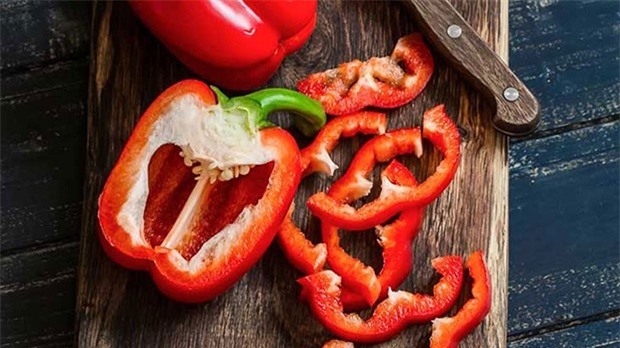
Besides helping to strengthen the body's immune system, vitamin C also helps maintain healthy skin.
In addition, betacarotene in bell peppers also helps to brighten the eyes.
3. Broccoli
Broccoli is rich in vitamins A, C, fiber, and healthy fats. This is one of the best vegetables that you need to add to your family's daily menu.
The key to keeping broccoli nutritious is to cook it simply, like boiling it.
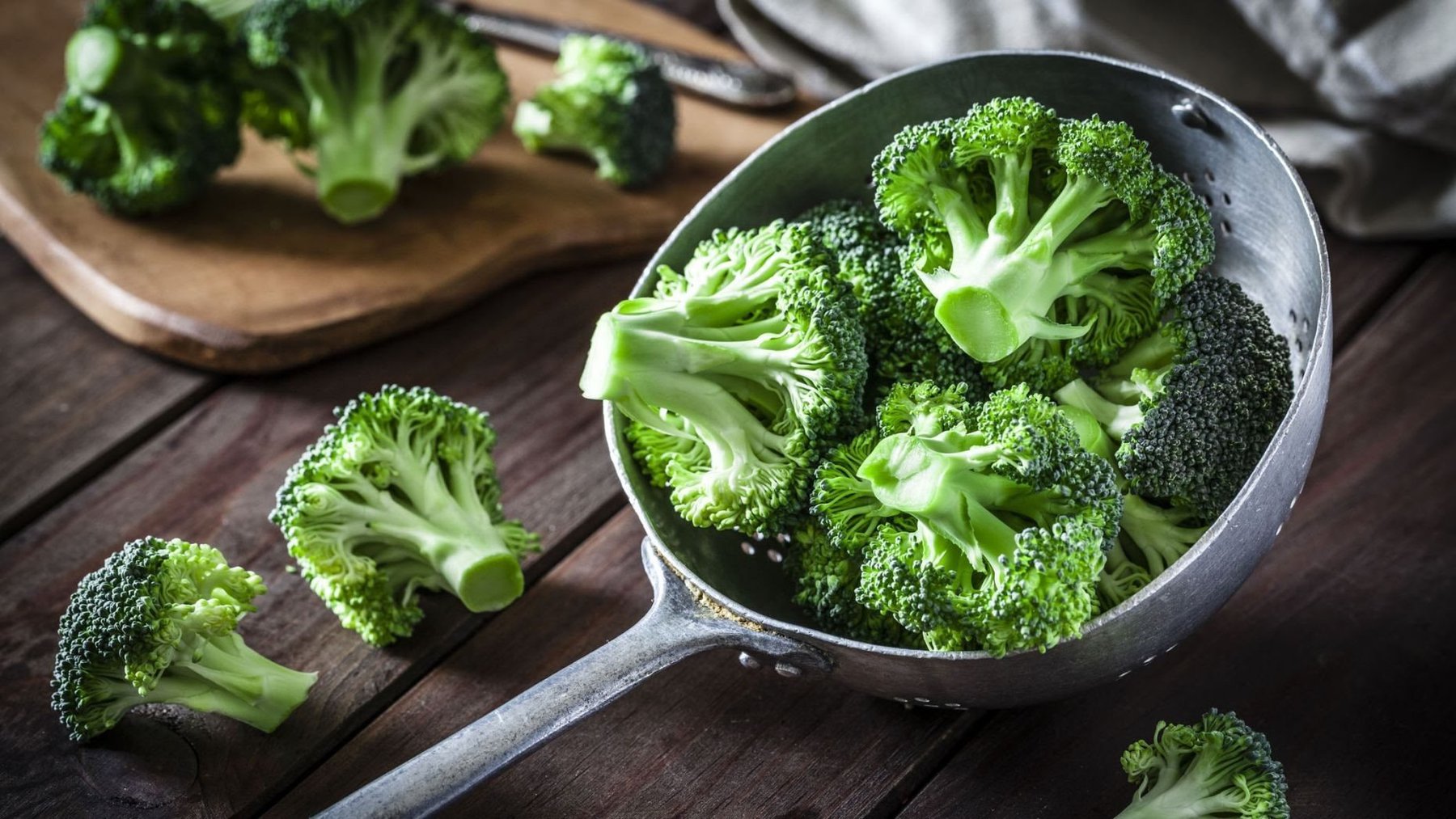
4. Garlic
Garlic is a common spice in many dishes. Although garlic has an unpleasant smell, it is a medicine that helps reduce blood pressure and slows the hardening of the arteries.
In addition, garlic also contains allicin, which helps strengthen the body's immune system.
Garlic contains allicin, which helps strengthen the body's immune system.
5. Ginger
Ginger is a root that many people turn to when suffering from illnesses such as sore throat, flu, and nausea. The active ingredient capsaicin in ginger can help reduce chronic pain and lower blood cholesterol.

6. Green tea
Both green and black tea contain flavonoids, a type of antioxidant. Green tea contains more epigallocatechin gallate (EGCG), which has been shown to boost immune function.
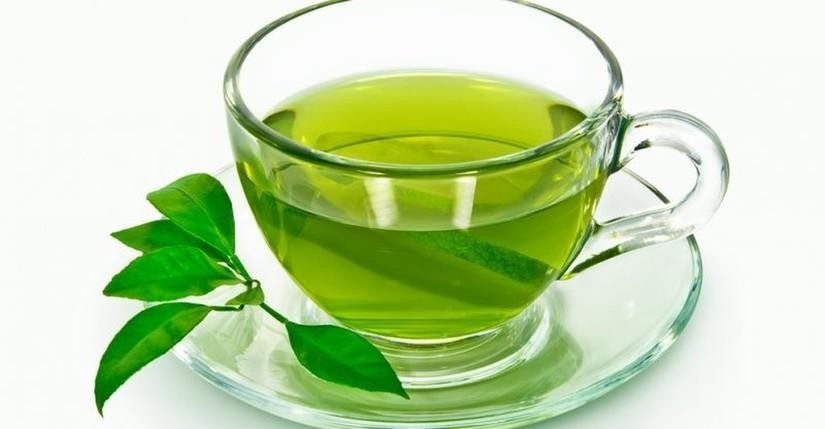
The fermentation process of black tea destroys a lot of EGCG, but green tea is dried and unfermented so the EGCG remains intact.
7. Spinach
Spinach has long been known as a food rich in vitamin C, antioxidants and beta carotene. Similar to broccoli, spinach retains more nutrients the simpler it is cooked.
8. Almonds
Vitamin E found in almonds is key to a healthy immune system. It is a fat-soluble vitamin, meaning it requires the presence of fat to be properly absorbed.
Nuts such as almonds are great for your body. Half a cup of milk contains about 46 whole almonds, providing nearly 100% of the recommended daily intake of vitamin E.
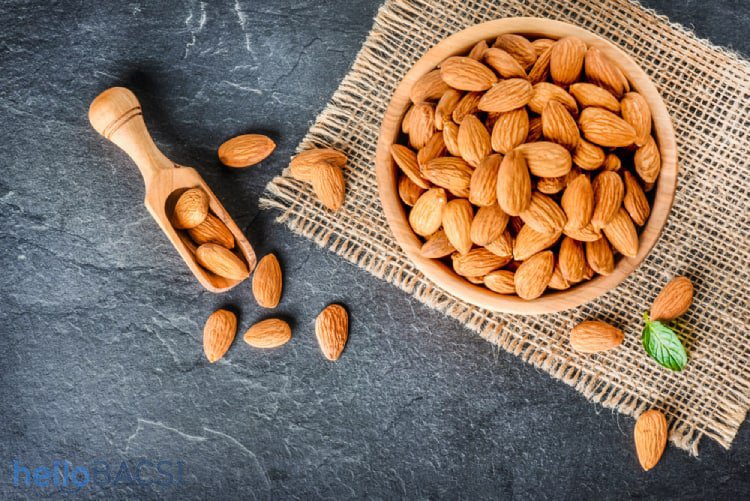
9. Turmeric
Turmeric is a key ingredient in curries, but the spice is also used as an anti-inflammatory in the treatment of osteoarthritis. Additionally, the concentration of curcumin that gives turmeric its color may help reduce exercise-induced muscle damage.
10. Papaya
Papaya is another fruit that is high in vitamin C. Papaya contains a digestive enzyme called papain, which has powerful anti-inflammatory properties. Papaya is also rich in potassium, B vitamins, and folate, all of which are beneficial for overall health.
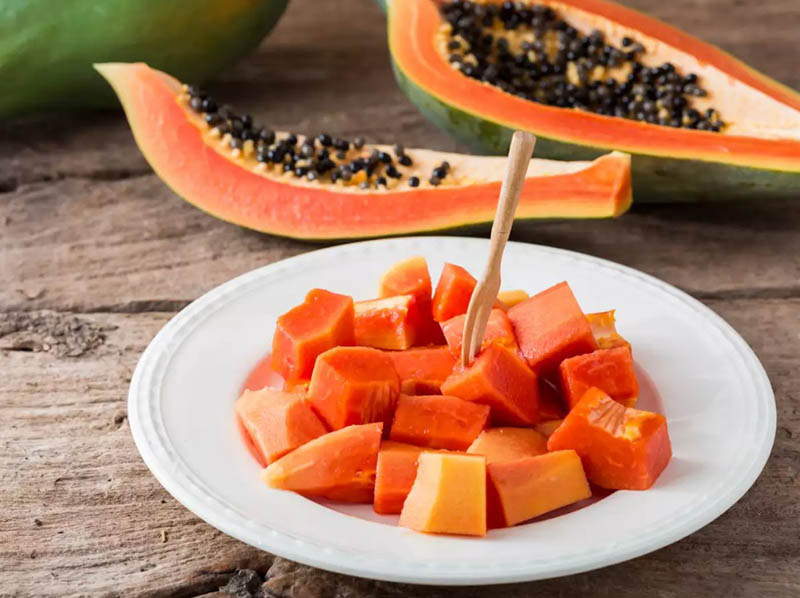
11. Kiwi
Like papaya, kiwi is packed with nutrients including folate, potassium, vitamin K and vitamin C.
Vitamin C helps boost white blood cells to fight infection, while other kiwi nutrients will keep your body functioning better.
12. Sunflower seeds
Sunflower seeds contain phosphorus, magnesium, and vitamin B-6. They are also extremely rich in vitamin E, a powerful antioxidant.
Vitamin E is important in regulating and maintaining immune system function.
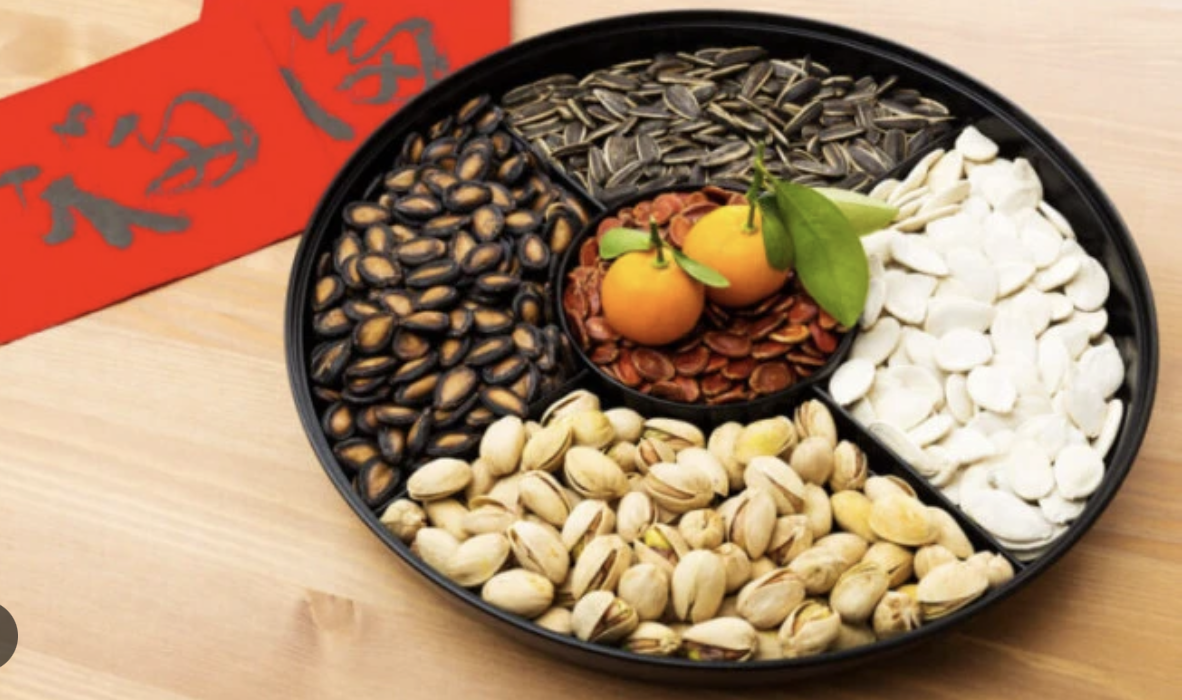
Variety is key to good nutrition. However, eating just these vegetables is not enough to fight off the flu, even if you eat them consistently.
Therefore, you need to pay attention to the recommended daily amount, to avoid getting too much vitamin C and too little of other nutrients.
According to Healthline
Source










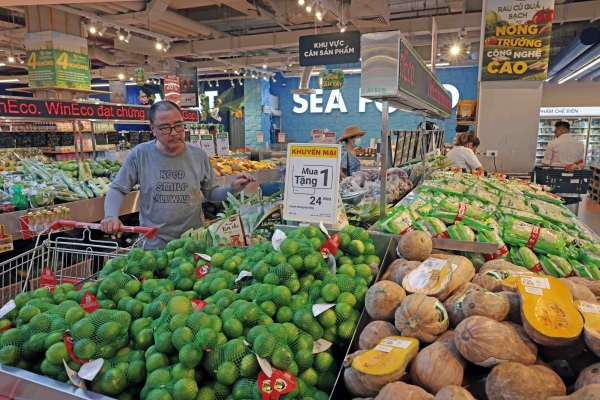

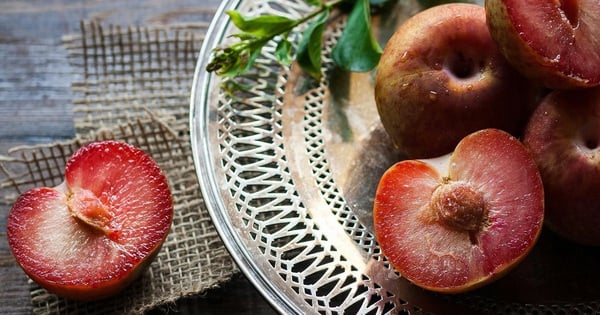
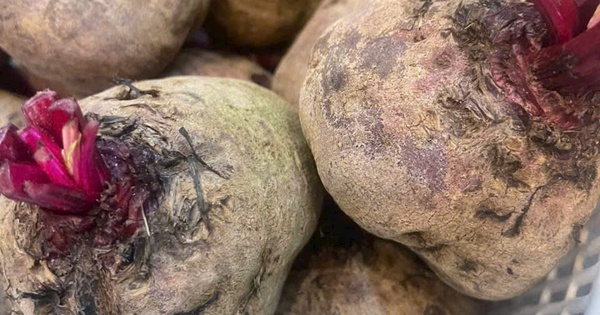
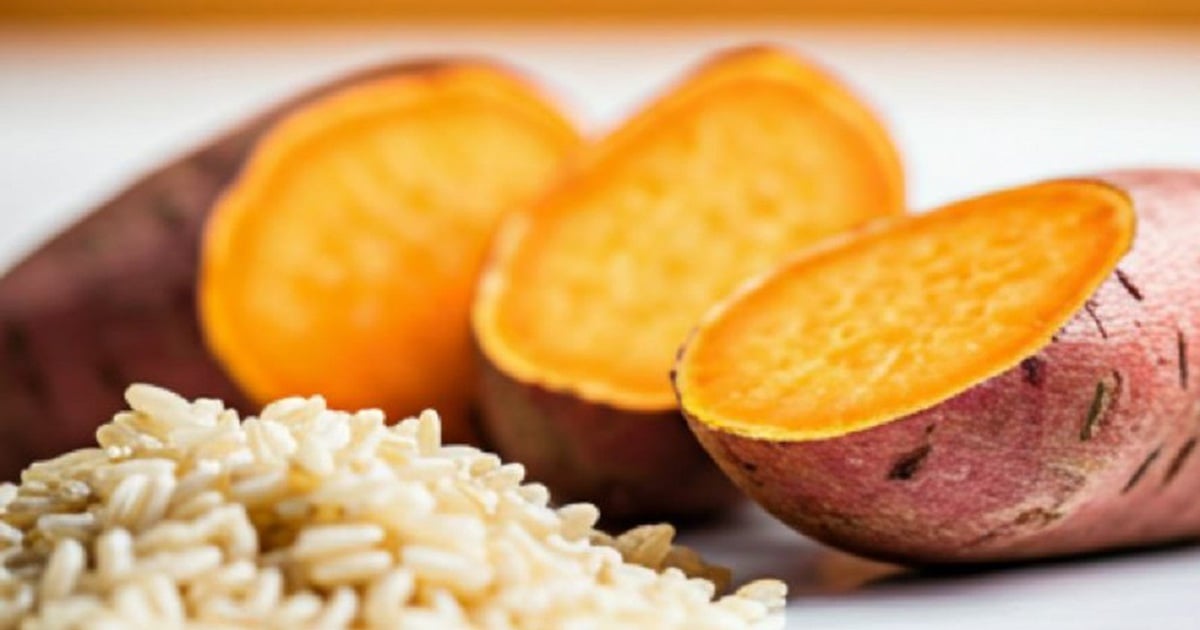
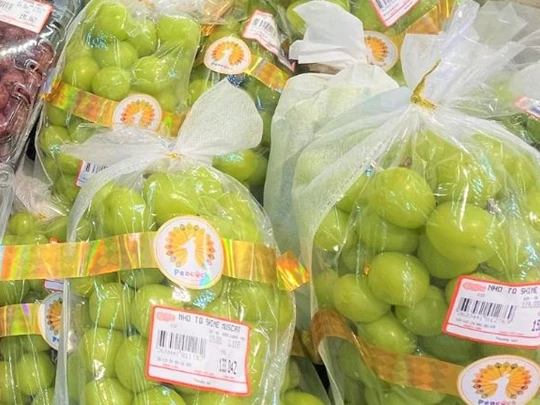

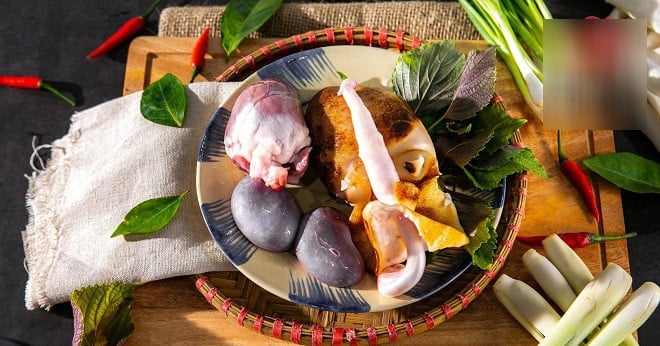



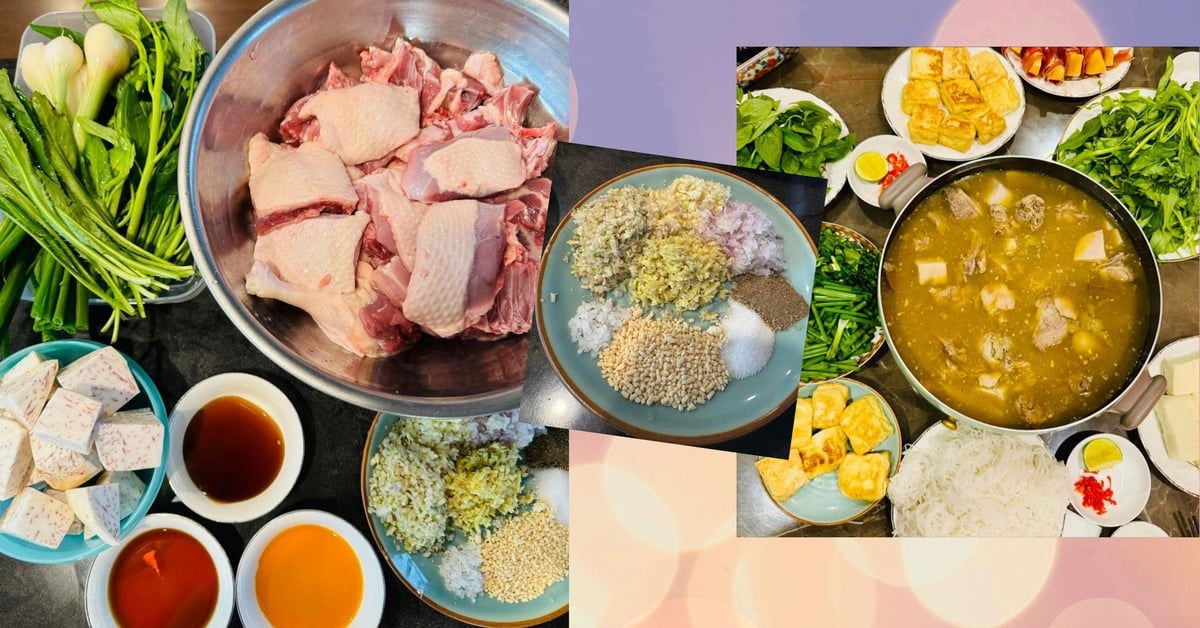



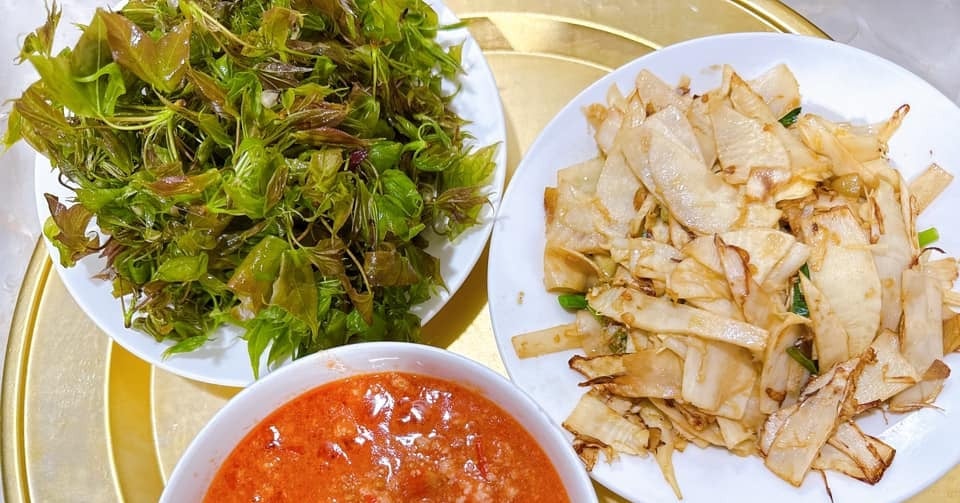
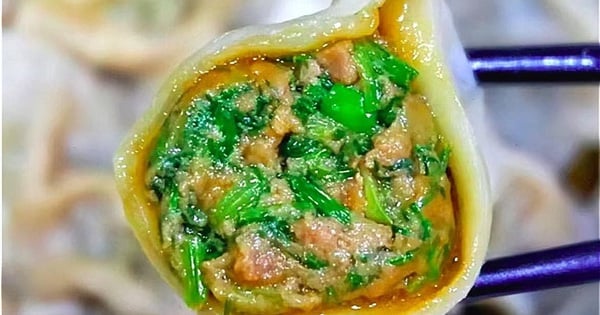













![[Photo] Prime Minister Pham Minh Chinh chairs Government Conference with localities on economic growth](https://vstatic.vietnam.vn/vietnam/resource/IMAGE/2025/2/21/f34583484f2643a2a2b72168a0d64baa)

























































Comment (0)